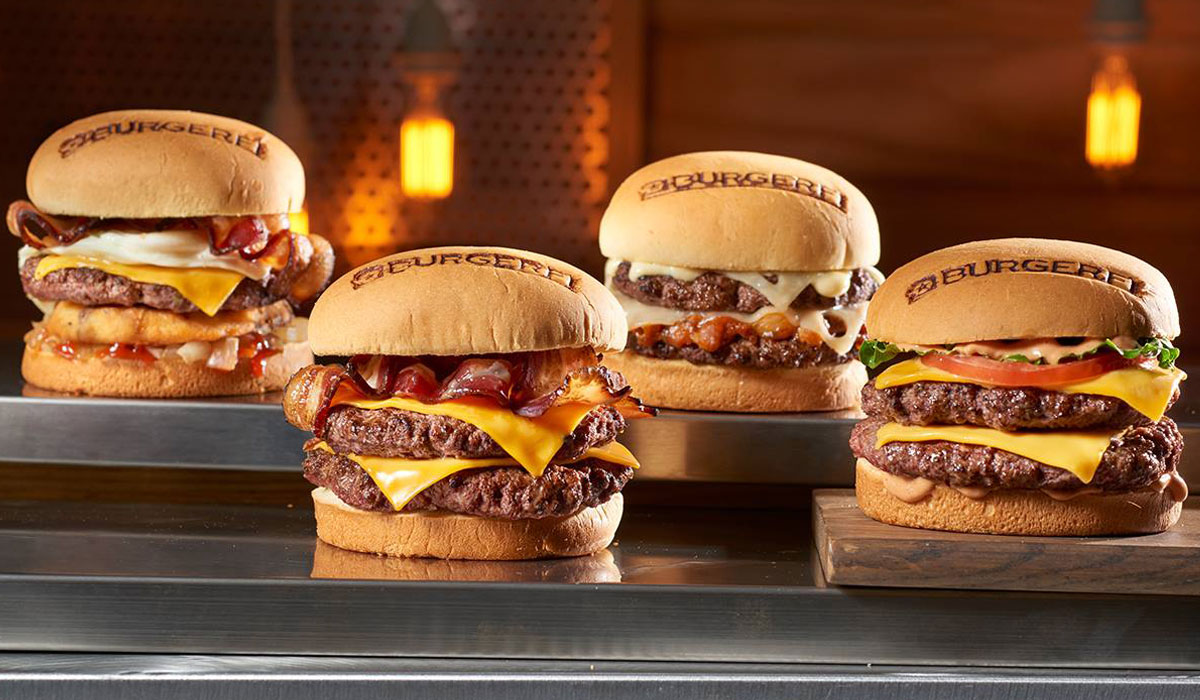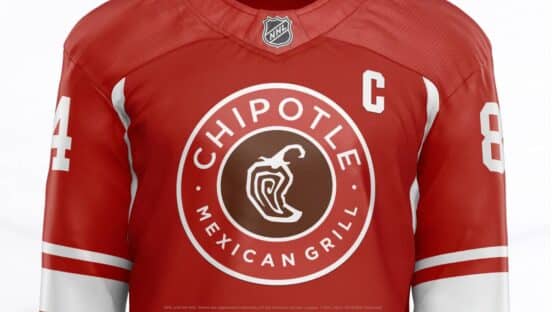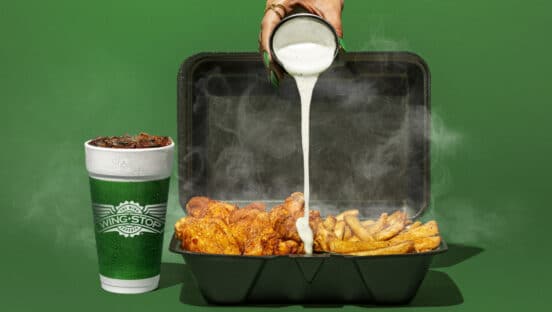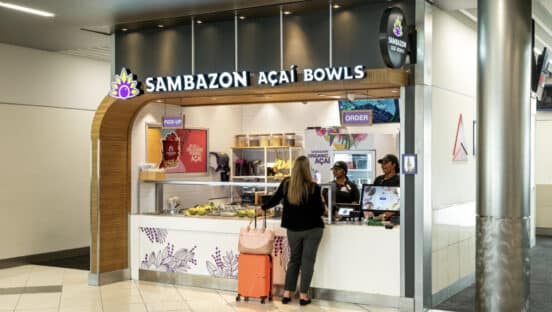BurgerFi’s development plans have taken a significant hit due to COVID-induced macroeconomic factors.
To start 2021, the fast casual projected 25–30 openings, but because of shortages of construction materials and labor, that expectation was cut to 18.
CEO Julio Ramirez assured the remaining stores have leases signed and will simply fall into the first quarter. He said there’s been more control on the company-run side because those stores use outside regional contractors that are able to purchase equipment in advance. It’s been tougher for franchisees, but the CEO noted BurgerFi is “working very closely” with operators to deal with the environment.
CFO Michael Rabinovitch said the company expects the broad market supply challenges to persist into Q1. He also emphasized that 18 is the number BurgerFi felt most confident about as a minimum.
“There are four other locations that have the possibility of opening in the last 10 days of December, or they would roll into the next two to four weeks of January,” Rabinovitch said during the brand’s Q3 earnings call. “We wanted to be responsible and set the expectations appropriately.”
In the third quarter, BurgerFi opened two corporate restaurants and followed up with one franchise location in October, bringing the year-to-date count to 11. Leases are signed for another 32 locations—17 corporate-owned and 15 franchise. Fourteen of those stores are in various stages of construction. The brand finished the quarter with 116 restaurants, which is down from approximately 125 last year.
Although brick-and-mortar expectations fell short, the fast casual did meet its ghost kitchen projections by opening 15 year-to-date through partnerships with REEF Kitchens and Epic Kitchens.
Systemwide same-store sales increased 8 percent year-over-year, including a 7 percent bump at company-run units and a 9 percent lift at franchise locations. Digital earned $15.4 million in sales, a 4 percent drop compared to 2020. The channel accounted for 37 percent of sales, with a volume of 586,000 orders.
Growth in comps at corporately owned locations were supported in part by a price increase of 4 percent implemented toward the end of the second quarter. For franchisees, pricing came in at roughly 2.5-3.5 percent in the quarter.
Rabinovitch said prior to BurgerFi going public last December, the chain didn’t heavily evaluate the pricing of its competitive set, but the brand has been forced to during the high inflationary periods caused by COVID. The chain’s food, beverage, and paper costs were $2.7 million in Q3, an increase from $2 million in 2020. Labor and related expenses were $2.5 million, up from $1.8 million last year.
“There’s a delicate balance we play with all market participants of the guest experience with the operating margin,” Rabinovitch said. “We continue to face cost inflation on the food side, even after taking the price increase. We’re going to have to be compelled to continue to look at our pricing, but being sensitive to the overall guest experience and being sensitive to the average ticket.”
He noted that BurgerFi has other levers to mitigate pressures, including improving the efficiency of its digital channel. Rabinovitch said that means managing which third-party delivery platforms the chain uses and how much the brand earns through its own app, determining how to incentivize customers between those two options, and renegotiating contracts.
The CFO also said there’s opportunity with staffing. He added that the cost of staffing has affected BurgerFi, but the real impact has been with the productivity of labor. With high turnover rates and the number of hours it takes to deliver the chain’s preferred level of experience, efficiency has decreased.
In addition, with the recent $156.6 million acquisition of Anthony’s Coal Fired Pizza & Wings, scale will become a factor with sourcing and procuring food and services.
“We’ve made some headway in the quarter on those operating expenses, and we believe there’s more to come,” Rabinovitch said. ” … We look forward to, in the short-term, continuing to go after some of that low-hanging fruit.”







